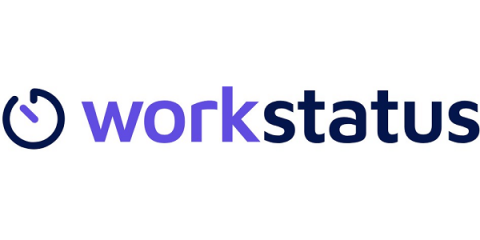What is Workforce Management? What are its Benefits and tools?
Workforce management enables a company to reach its true potential. It is, thus, considered the most valuable asset of the company. Without robust workforce management tools for call centers, a company experiences threats such as low productivity rate, increased operational costs, breach of data, etc. Workforce Management (WFM) seeks to increase organizational efficiency by strategically deploying employees and resources.











